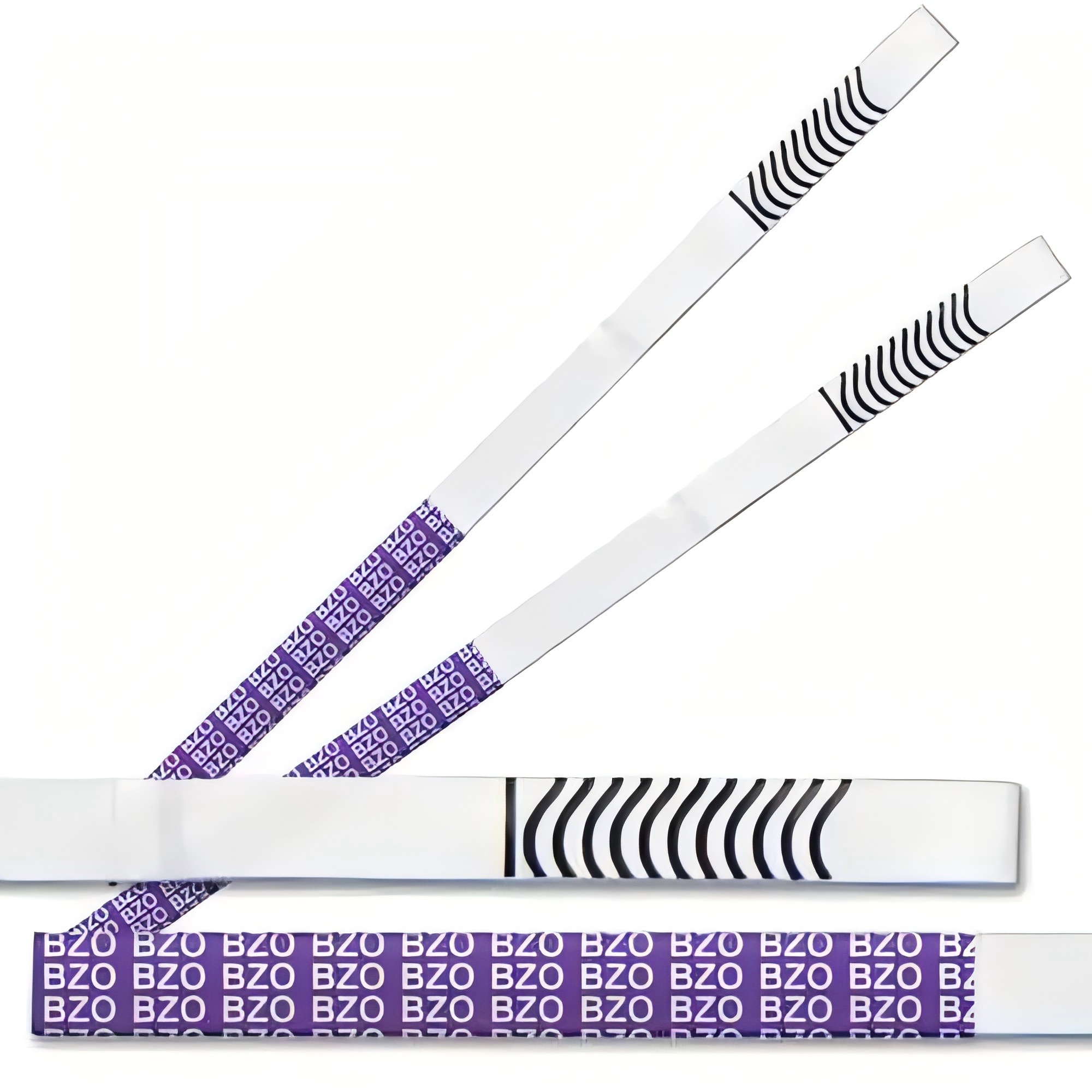Overview of Drug Screening Tests
Drug screening tests are essential tools for detecting the presence of illegal or prescription medications taken for non-medical purposes. These tests are typically qualitative, providing a preliminary indication of whether a particular drug is present in a sample but not the concentration. Various stakeholders, including employers, legal entities, and healthcare providers, rely on these tests to make informed decisions about individuals' drug use.
Types of Drug Screening Tests
Urine Drug Screening
Urine drug screening is the most common method used due to its convenience and cost-effectiveness. It typically involves a 5-panel test that can detect substances such as cocaine, opioids, THC, PCP, and amphetamines. Wholesale test kits are available for organizations requiring bulk testing capabilities.
Blood, Hair, and Saliva Tests
While urine tests are prevalent, blood, hair, and saliva tests offer additional insights. Blood tests provide high accuracy and can identify drugs shortly after use. Hair follicle tests can detect drug use going back up to 90 days, offering a longer detection window. Saliva tests are less invasive and can provide results quickly. Custom testing panels can be designed to meet specific needs, allowing manufacturers to cater to diverse requirements.
Accuracy of Drug Screening Tests
Sensitivity and Specificity
Drug screening tests are designed to be highly sensitive, meaning they can detect even low levels of drugs in a sample. However, specificity— the ability to correctly identify negative results—can vary among test types. Manufacturers strive to balance these parameters to maximize accuracy, often customizing test components based on the latest research.
Factors Affecting Accuracy
Several factors can influence the accuracy of drug tests, including the individual's metabolism, the time since drug ingestion, and the presence of interfering substances. Ensuring that test components are stored correctly and not past their expiration date is crucial for maintaining reliability.
False Positives in Drug Screening
Common Causes
False positives occur when a test incorrectly indicates the presence of a drug. Causes include cross-reactivity with other substances, such as certain medications or foods. For instance, some over-the-counter medications can result in positive amphetamine tests.
Mitigation Strategies
To reduce the risk of false positives, it is essential to utilize confirmatory tests that provide detailed analysis, such as gas chromatography-mass spectrometry (GC-MS). These tests are more specific and can differentiate between substances with similar structures.
False Negatives in Drug Screening
Potential Influencers
False negatives occur when a test fails to detect a drug that is present. Factors contributing to false negatives include testing at the wrong time, dilution of samples, or using tests that are not sensitive enough for certain drugs. It is crucial for custom testing protocols to consider these factors to improve accuracy.
Addressing False Negatives
Employers and healthcare providers can mitigate false negatives by employing multiple test methods and conducting random testing. Additionally, ongoing communication with test manufacturers can help ensure that the most up-to-date and sensitive tests are being utilized.
Confirmatory Testing for Accurate Results
Importance of Secondary Testing
Confirmatory testing is crucial following a preliminary positive result. These tests, often conducted in laboratories, provide a more comprehensive and accurate assessment by identifying specific drugs and their metabolites.
Technological Advances
Developments in testing technology have led to more accurate and faster confirmatory tests. Manufacturers are continually advancing their methodologies to produce more reliable test kits, often in custom configurations that suit specific industry needs.
Legal and Ethical Considerations
Regulatory Compliance
Drug testing practices must comply with state and federal regulations, which vary significantly. Organizations must ensure their testing protocols are up to date with current laws to avoid legal repercussions.
Ethical Implications
The ethical considerations of drug testing include privacy concerns and the potential for discrimination. Transparent communication and informed consent are essential components of ethical testing practices.
Implications of Drug Testing in Workplaces
Enhancing Workplace Safety
- Drug testing helps maintain a safe work environment by identifying employees who may pose a risk due to substance use.
- Random or regular testing can deter drug use among employees, contributing to overall workplace productivity.
Challenges and Opportunities
While drug testing can enhance safety, it can also lead to challenges such as employee resistance and potential legal disputes. Opportunities exist for manufacturers to offer custom solutions that address specific industry needs and align with regulatory requirements.
Role of Drug Testing in Healthcare and Legal Systems
Healthcare Applications
Drug tests are valuable tools in healthcare for monitoring patient compliance with prescriptions and identifying potential substance abuse. Custom frameworks can be developed to cater to the needs of particular medical disciplines.
Legal System Integration
In the legal system, drug tests are used to support cases related to drug offenses, probation requirements, and child custody disputes. The accuracy of these tests is critical to ensuring just outcomes, highlighting the importance of partnerships with reliable test manufacturers.
Future Trends in Drug Screening Technology
Innovations in Testing Methodologies
The field of drug testing is evolving with advancements in biotechnology and data analytics. Future trends include the development of faster, more accurate tests and the integration of artificial intelligence for data interpretation.
Emerging Market Needs
As drug use patterns and substances continue to change, there's a growing need for manufacturers to provide custom test kits that address emerging threats. This requires agility in product development and a commitment to ongoing research and innovation.
Hysen Provide Solutions
Hysen offers comprehensive solutions for drug screening tests, prioritizing accuracy and reliability. Through collaborations with healthcare providers and legal entities, Hysen provides custom test kits designed to meet specific needs. Our development team focuses on optimizing test sensitivity and specificity, ensuring our products remain on the forefront of innovation. Partnering with Hysen means accessing cutting-edge technology and expert support for all your drug testing requirements.

Post time: Jul-25-2025
















